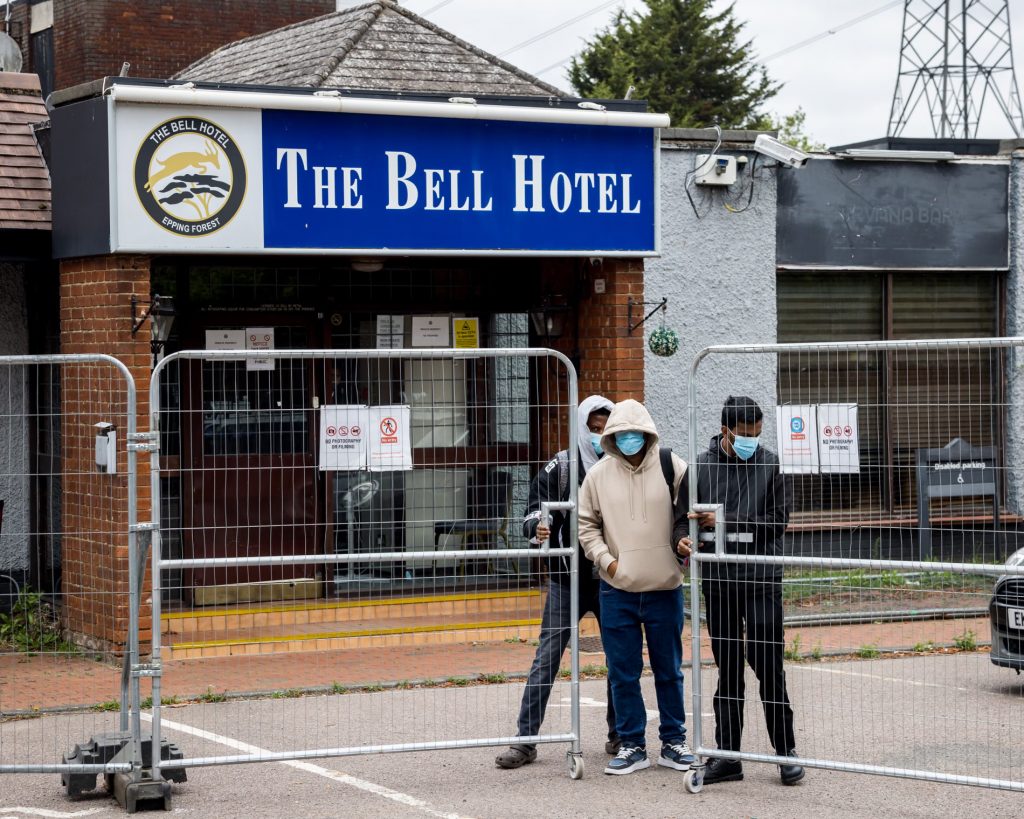Two leading charities are taking the Home Office to court, accusing the government of keeping trafficking and torture survivors in overcrowded and “prison-like” migrant hotels. The Helen Bamber Foundation and Freedom from Torture said the current accommodation system is unsafe, harmful, and puts already traumatised people at further risk. They argued that survivors of severe violence should not be forced to share rooms with strangers, especially when many suffer serious mental health conditions.
The case, set to be heard on Tuesday and Wednesday, challenges policy changes introduced in early 2024. The charities claim the Home Office made these changes without consulting them and that the new rules make it harder to protect survivors from being placed in large, overcrowded sites. Although the policies were first introduced under the previous Conservative government, the new Labour government has continued to defend them, leading to growing criticism.
This legal challenge comes shortly after Home Secretary Shabana Mahmood announced sweeping asylum reforms aimed at increasing deportations and rewriting existing human rights laws. With tension rising over the direction of the UK’s migration system, the charities say the situation in asylum accommodation has become even more urgent and dangerous for those who have already suffered abuse.
The Helen Bamber Foundation said that survivors fleeing torture and trafficking arrive in the UK seeking safety, but instead find themselves placed in overcrowded rooms and hotel sites that feel like prisons. They stressed that such conditions can trigger memories of violence and exploitation, leaving people traumatised and emotionally unstable. The charity said these living conditions have a major impact on mental health and make recovery extremely difficult.
One survivor named Jacob, an Eritrean man in his early forties, said the fear of having to share a room again is destroying his mental health. He explained that the constant worry keeps him from sleeping, eating, or starting therapy that he urgently needs. His request for exemption from room sharing was rejected by the Home Office, although hotel staff later told him no one would be placed in his room. Still, he said the fear remains because policy changes mean he could be forced to share a room anytime.
Before February 2024, survivors of torture, trafficking, sexual violence, and people with disabilities were usually exempt from sharing rooms. But the charities said this protection was removed suddenly, without warning, when the government changed the Allocation of Asylum Accommodation policy. They said the updated version released in June still includes the same harmful rules, leaving vulnerable people at risk.
Another survivor, Mwa Mbuyi Kapinga from the Democratic Republic of Congo, shared her experience of living in asylum accommodation for more than seven years. She described living with 15 people and being forced to share a bedroom with a stranger. She said she lived in constant fear and exhaustion, struggled to eat properly, and sometimes went days without cooking or showering because conditions were filthy. She said the situation pushed her to the edge and made her suicidal.
Advocates at Freedom from Torture said the failure of the previous government created a major crisis in asylum accommodation, and they are disappointed the current government has not reversed the damaging policies. They urged officials to listen to experts and provide safe, secure housing for people seeking sanctuary, especially those who are already survivors of serious trauma.
The Home Office has not released a comment on the legal action.

